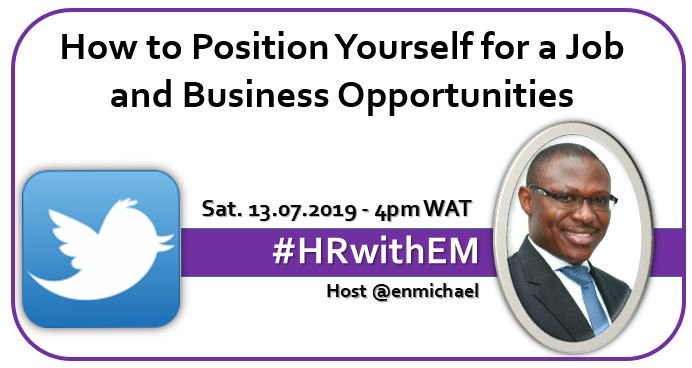It is no longer news that the Nigerian economy is struggling. Amongst all the challenges the economy is facing, is the revenue challenge, or more rightly the cost challenge which continues to outstrip revenue.
Keep Current with Alex Otti
This Thread may be Removed Anytime!
Twitter may remove this content at anytime, convert it as a PDF, save and print for later use!

1) Follow Thread Reader App on Twitter so you can easily mention us!
2) Go to a Twitter thread (series of Tweets by the same owner) and mention us with a keyword "unroll"
@threadreaderapp unroll
You can practice here first or read more on our help page!
